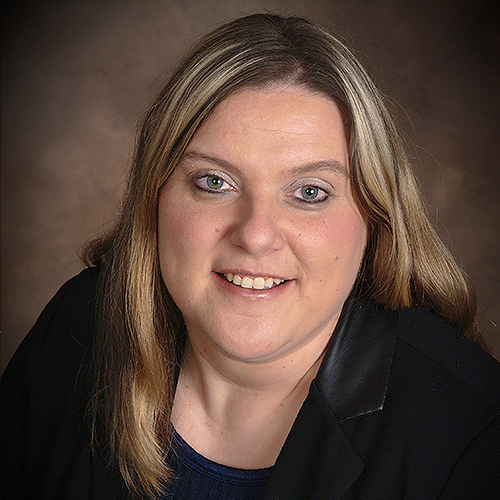A Grandmother’s Stroke Led to A Life of Advocacy
 March is Brain Injury Awareness Month and this time of year we honor those who help stroke patients to rebuild their lives and embrace independence. Lisa Kreber, Ph.D., CBIS, and former Senior Neuroscientist and Research Coordinator for Centre for Neuro Skills has been exemplary in her advocacy for stroke survivors.
March is Brain Injury Awareness Month and this time of year we honor those who help stroke patients to rebuild their lives and embrace independence. Lisa Kreber, Ph.D., CBIS, and former Senior Neuroscientist and Research Coordinator for Centre for Neuro Skills has been exemplary in her advocacy for stroke survivors.
Lisa’s journey as a neuroscientist had humble but profound beginnings. In her early teens she became a caregiver to her grandmother, who suffered a stroke and lost function of her left side.
“There was no stroke education at that time, and no one told us that she had to work the injured part of her body,” Lisa recalled.
Confined to a wheelchair, her grandmother would frequently get her left arm caught in the wheel. Today, she would have been challenged to build strength on her left side to enhance function of the injured arm. With proper rehabilitation, she would also have received therapy to help her walk, speak, cook, clean, and practice self-care – all tasks that fell to Lisa. Her grandmother’s behavior issues weren’t addressed either, and the family was left hopeless. The experience was devastating, but it inspired Lisa to learn about stroke and develop education resources for patients and caregivers.
Last year she became the Chairman of the Board of Directors for the Kern Chapter of the American Heart Association/American Stroke Association, a role that allows Lisa and CNS to promote awareness and develop tools for patients’ families.
Since her grandmother’s stroke in 1991, rehabilitation has advanced dramatically, Lisa said. “We’re understanding more about strategies that build independence, realizing that each injury is unique and discovering the power of skill building and the role of innovations like hormone deficiency and replacement." Lisa imparts this information as a frequent speaker at stroke support groups that help caregivers to cope. “When it comes to stroke,” she emphasized, “I’ve been there.”
This month we celebrate all those who advance understanding and treatment, so that people with stroke are empowered to rebuild their lives.

